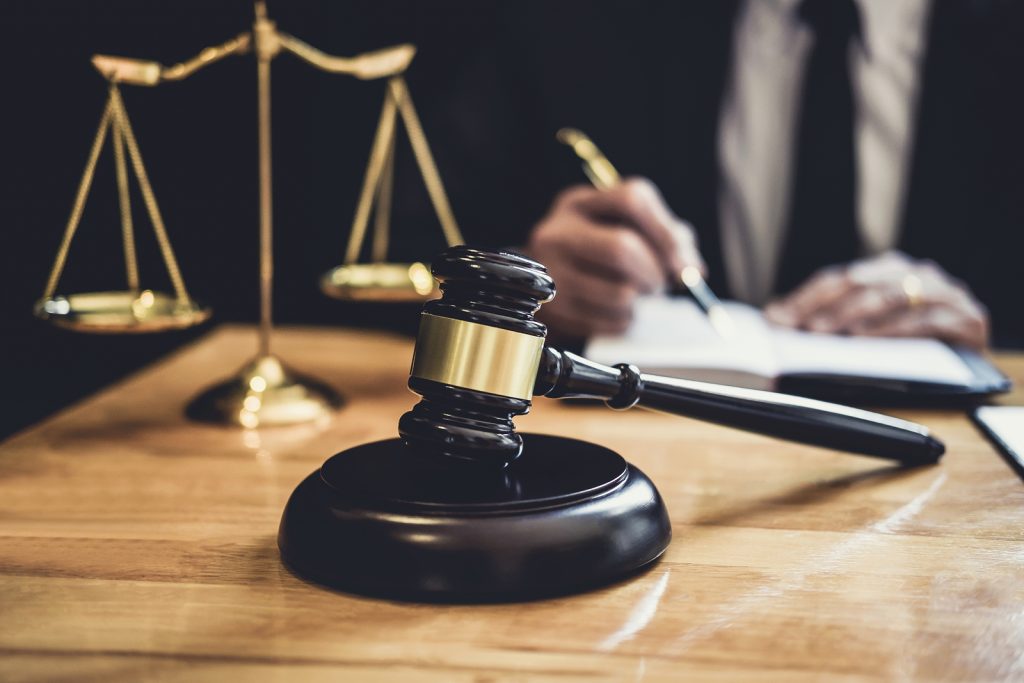If you’re paying off a mortgage, a car loan, or medical and credit card debts, you may wonder who will settle these financial obligations when you pass away. What happens to debt after the death of the person who acquired it?
Despite what many think, debts don’t simply vanish when you die. Rather, they become part of your estate responsibilities.
Who Pays Off Debt After the Death of the Debtor?
In Massachusetts, any debts that remain unresolved at your passing have a claim on your estate. Thus, your bank accounts, investment accounts, and even your home may cover pending debts.
Any outstanding financial obligations follow a certain debt hierarchy. Funeral costs and final medical bills usually take priority. Then, the estate assets may go toward paying other debts, like taxes, loans, mortgage payments, and credit card bills.
The Personal Representative you name in your will handles the estate’s outstanding debts. Personal Representative duties include notifying any known creditors of your passing, reviewing debt claims, and paying off debts using estate assets. At the end of the probate process, the executor distributes any remaining assets after the debts are paid to beneficiaries.
When Might Debt Go Unpaid After the Debtor’s Passing?
In some situations, debt after the debtor’s death may remain unpaid. This may happen if:
- The estate assets aren’t enough to pay off all outstanding debts. In this case, creditors might have to give up on unsecured debt.
- The deceased person’s home carries a mortgage but holds little equity. If the beneficiaries aren’t interested in paying off the mortgage, the lender may foreclose, and any deficiency in the balance would go unpaid.
- The deceased person had federal student loans. Federal student loans will be discharged after the executor submits the necessary proof of death.
- The decedent was a sole proprietor with business loans. If business assets aren’t enough to pay the debt, the lender usually can’t claim the decedent’s personal estate.
Can Creditors Go After Surviving Family Members?
Sometimes, creditors aggressively pursue the bereaved family to recover money the deceased person owed. As a rule, family members aren’t responsible for debt after the death of the debtor. Pursuing family members for the debts of a decendant, when the family members are not co-debtors may make the creditor or the collector liable for damages.
Generally, your personal representative or your trustee will not be persojanlly responsible for your debts after your death – but there can be exceptions (especially with taxes). However, some joint financial obligations may pass to the decedent’s surviving spouse or other relatives.
For instance, if you hold an account jointly with your spouse, your debt may transfer to them once you pass away. Similarly, those who co-signed a loan are responsible for any outstanding balance that remains when the borrower dies.
Plan for Settling Your Debts and Protecting Your Assets
Timely estate planning can help protect your assets and secure your family’s future. While it isn’t always possible to settle all outstanding debt during your lifetime, you can appoint a trusted person to handle your finances and follow up on debt payments if you become incapacitated.
You may also consider placing assets in an irrevocable trust. When owned by a properly structure Irrevocable Trust, trust assets may not belong to your personal estate. Although there are some exceptions, assets owned by a a properly built irrevocable asset protection trust are often protected from most creditors and lawsuits. However, this should be a long-term strategy since moving property to a trust when you already anticipate a creditor claim may be illegal.
Law Offices of Boyd & Boyd, P.C.: Smart Estate Planning in Southeastern Massachusetts
Are you wondering what happens to debt after the death of the debtor? A clear, comprehensive estate plan can streamline debt settlement and ensure stress-free asset distribution to your loved ones. Consult our legal team at the Law Offices of Boyd & Boyd, P.C., to choose the right legal approach for your estate plan. Call (508) 444-9688 or contact us online to schedule a consultation.










